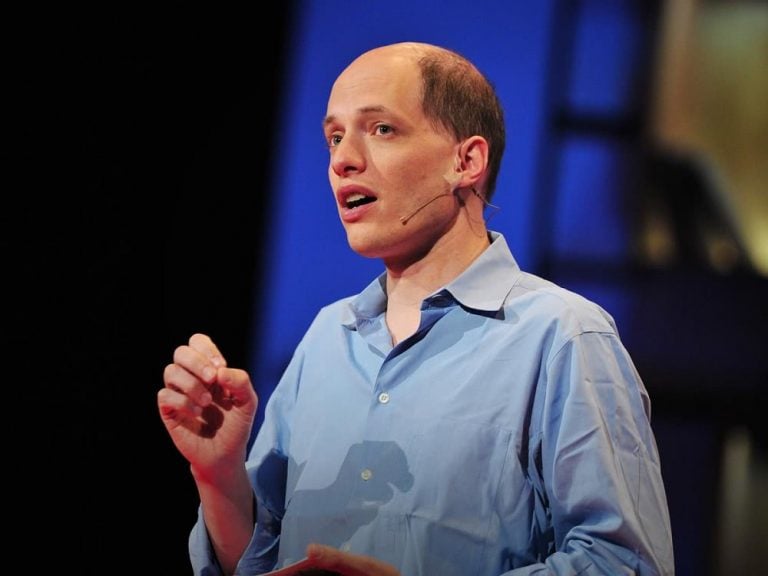In a myriad of ways, we live and breathe philosophy every day. Philosophy isn’t like arithmetic wherein one plus one definitely equals two: the study of existence, morality and knowledge cannot be, by its very nature, “correct” or “incorrect”. Philosophical thought is written by humans, and will no doubt change as we do.
“Modern philosophy” is an entire category of its own, beginning around the seventeenth century. This separation puts philosophy into a more relative context. Rene Descartes (“I think therefore I am”), a leading figure in modern philosophy, wanted to move away from the dense, inaccessible philosophy of the time, and the focus on thinkers like Plato and Aristotle. He made a concerted effort to distance himself from those before him. It is only with the benefit of hindsight do we acknowledge that he was right to do this: were his contemporaries as supportive of his measures? Was he heralded then the same way he is now?
I don’t mean to anger the philosophy nerds in the audience by comparing Swiss-British writer Alain De Botton to Descartes. Although he had several books before it, De Botton’s ‘name-maker’ was 2000’s The Consolations Of Philosophy. The book divided people: while some, like me, found it interesting and absorbing, his critics accused him of trying to “popularize philosophy” and of “dumbing” it down.
Watch Alain De Botton talk love:
The Consolations Of Philosophy drills down to the core message in many philosophical ideas, simplifying them. It does not, as some would have you believe, shit directly into Bertrand Russell’s mouth. The elitism surrounding academia means that people will thumb their nose at anything deemed too accessible, ‘mainstream’ or simple. De Botton’s work is not pop-up picture books of philosophy made with cut-out pictures from storybooks; it is thought-provoking, stimulating work that, as with anything else, has its fans and detractors.
Those who haven’t studied philosophy at university may not realise this, but that stuff can be hard to read: dense, dry and often inaccessible. I’m a smart person, and it’s a tough slog. My interest in philosophy has often stimulated a desire to soak up the knowledge of Schopenhauer, Nietzsche and Plato, but I find myself confused and ashamed 20 pages in. I don’t think I am the only human alive who struggles with tomes like those, though they might have the genuine desire to be educated on the subject.
Not unlike Chidi imparting philosophical teachings on Eleanor in The Good Place (a show which I am sure philosophy nerds blame for also attempting to make philosophy ‘accessible’), it can be useful to utilise metaphor, simile or a simple drilling-down-to-basics in order to communite the key message to the student.
Watch Alain De Botton talk pessimism:
It’s not a crime against the foundations of philosophy to make things easier to understand for people that didn’t study it for four years. What it does sound like, though, is snobbish gatekeeping by dusty academics or condescending intelligentsia; people that don’t want the lofty art of philosophy to be accessible to common folk. It’s not unlike the painters that decry Bob Ross, or – worst of all – alternative musicians that spit on pop music makers and fans. People have their islands and don’t want any outside intruders.
De Botton’s work exists for particular types of people; one of them being, like me, people that attempted to battle through Schopenhauer’s The World As Will And Representation and got frustrated with his dusty ass pretty quick. I like the idea of applying philosophical teachings to modern life because that’s where I live. In interviews, De Botton has discussed the realistic role of philosophers in the modern day:
“In Greek, philo means love – or devotion – and sophia means wisdom. Philosophers are people devoted to wisdom….Being wise means attempting to live and die well, leading as good a life as possible within the troubled conditions of existence. The goal of wisdom is fulfilment. You could perhaps say ‘happiness’ but ‘happiness’ is misleading, for it suggests continuous chirpiness and joy, whereas ‘fulfilment’ seems compatible with a lot of pain and suffering, which every decent life must by necessity have.”
What’s your beef with that?
The Consolations Of Philosophy by Alain De Botton is available from Penguin now.


































